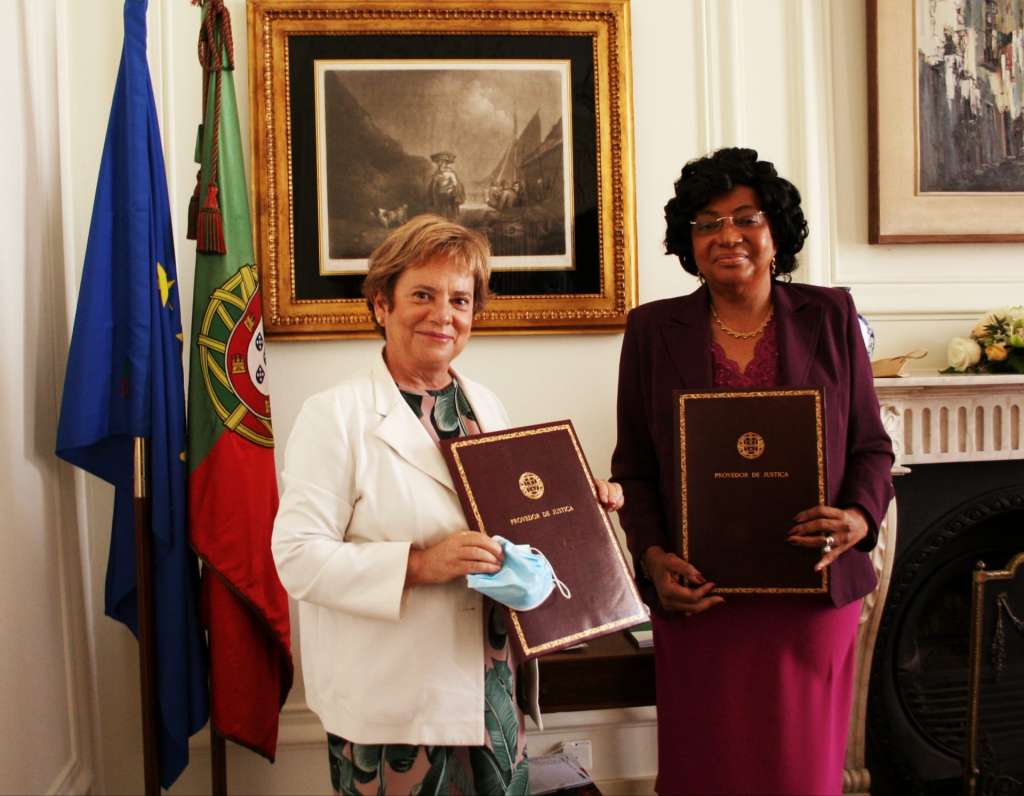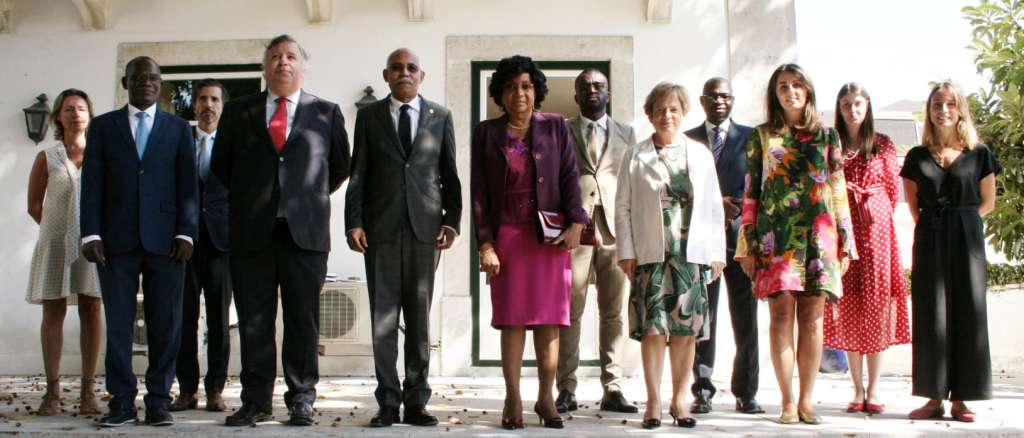Date of article: 20/10/2021
Daily News of: 27/10/2021
Country:  EUROPE
EUROPE
Author:
Article language: fr
– Ombuds-Comité des droits de l’enfant du Luxembourg –
Le 5 octobre 2021, M. Charel Schmit, Ombudsman fir Kanner a Jugendlecher (OKaJu), a présenté une recommandation générale concernant la protection des enfants contre toute forme de violence à l’école qui a été adressée en premier lieu au Ministre de l’Education nationale, de la jeunesse et de l’enfance ainsi qu’aux directeurs de l’école fondamentale et des lycées. Elle est une invitation aux membres des différentes communautés scolaires et autres acteurs du système éducatif à échanger leurs expériences, attentes et propositions concrètes de mise en œuvre.
La recommandation est inspirée par les réclamations récentes qui ont été adressées à l’OKaJu concernant des multiples formes d’harcèlement dans des établissements scolaires au Luxembourg ainsi que par la publication d’une lettre ouverte d’anciennes élèves adressée aux responsables politiques.
Conformément à la Convention relative aux droits de l’enfants (CDE), tout enfant a le droit à une éducation scolaire (Art. 28 et Art. 29 de la CDE) et le droit d’être protégé contre toute forme de violence, soit physique ou psychique, ainsi que contre toute forme d’exploitation sexuelle (Art. 19 et Art. 34 de la CIDE). Le défenseur des droits de l’enfant, Monsieur Charel Schmit, a souligné le lien entre ces droits.
L’école, étant l’endroit, en dehors du foyer familial ou du lieu de résidence, où les enfants et les jeunes passent le plus temps, doit être un lieu de sécurité, de sérénité, d’apprentissage et de développement. Ceci implique que les adultes qui y sont actifs en tant que personnel enseignant et encadrant, possèdent les compétences et outils nécessaires pour garantir un environnement sûr et bienveillant, dans le respect d’autrui. Ainsi, l’école est un terrain privilégié pour l’apprentissage et le respect des droits de l’enfant. L’OKaJu salue et soutient toute initiative et tout projet pédagogique développé dans ce sens dans les écoles. Les « chartes scolaires » élaborés par les communautés scolaires témoignent des valeurs et principes qui font consensus.
Suite aux réclamations reçues, l’OKaJu a analysé la situation et les dispositifs existants institués pour protéger les enfants contre toute forme de violence à l’école. Bien que des dispositifs sont en place, l’OKaJu estime que des adaptations seront nécessaires et qu’il faudra légiférer en la matière afin d’assurer la protection de tous les enfants contre toute forme de violence dans le milieu scolaire. Les faits récents et l’initiative courageuse de s’adresser aux instances politiques par une lettre ouverte montrent notamment la nécessite de mettre en place un système de gestion de plaintes et de réclamations, constitué de procédures d’aide et de signalement claires, concrètes et connues de tous·tes. Ceci implique également le retour d’information (feedback) aux auteur·es de réclamations.
L’OKaJu estime que des actions concrètes sont nécessaires et urgentes afin de garantir à chaque enfant une école sûre, bientraitante et sans violence d’aucun type. Ainsi, dans la recommandation générale, l’OKaJu recommande d’agir sur trois axes clé : la prévention, l’intervention et la médiation. Une série de mesures sont proposées dans chaque domaine.
A l’occasion de la conférence de presse pour présenter la recommandation, M. Schmit a souligné que : « Il faut traiter la question des violences contre les enfants dans le milieu scolaire sans délai et dans l’esprit de la Convention relative aux droits de l’enfants (CDE). Le droit de l’enfant d’être protégé contre toute forme de violence correspond à une responsabilité institutionnelle. »
En matière de prévention, il est primordial d’informer et de sensibiliser davantage la non-violence et le respect d’autrui dans le cadre d’une culture institutionnelle de bientraitance où la parole de l’enfant est prise au sérieux. « Chaque enfant au Luxembourg doit connaître son droit à être protégé contre la violence. » L’OKaJu propose d’introduire un Code de déontologie spécifique pour les professionnels accueillant des enfants et de légiférer en la matière. Il est également crucial de spécifier en la matière les plans de formations continue existants ou à développer.
(...)
 Germany
- Thuringia
Germany
- Thuringia




